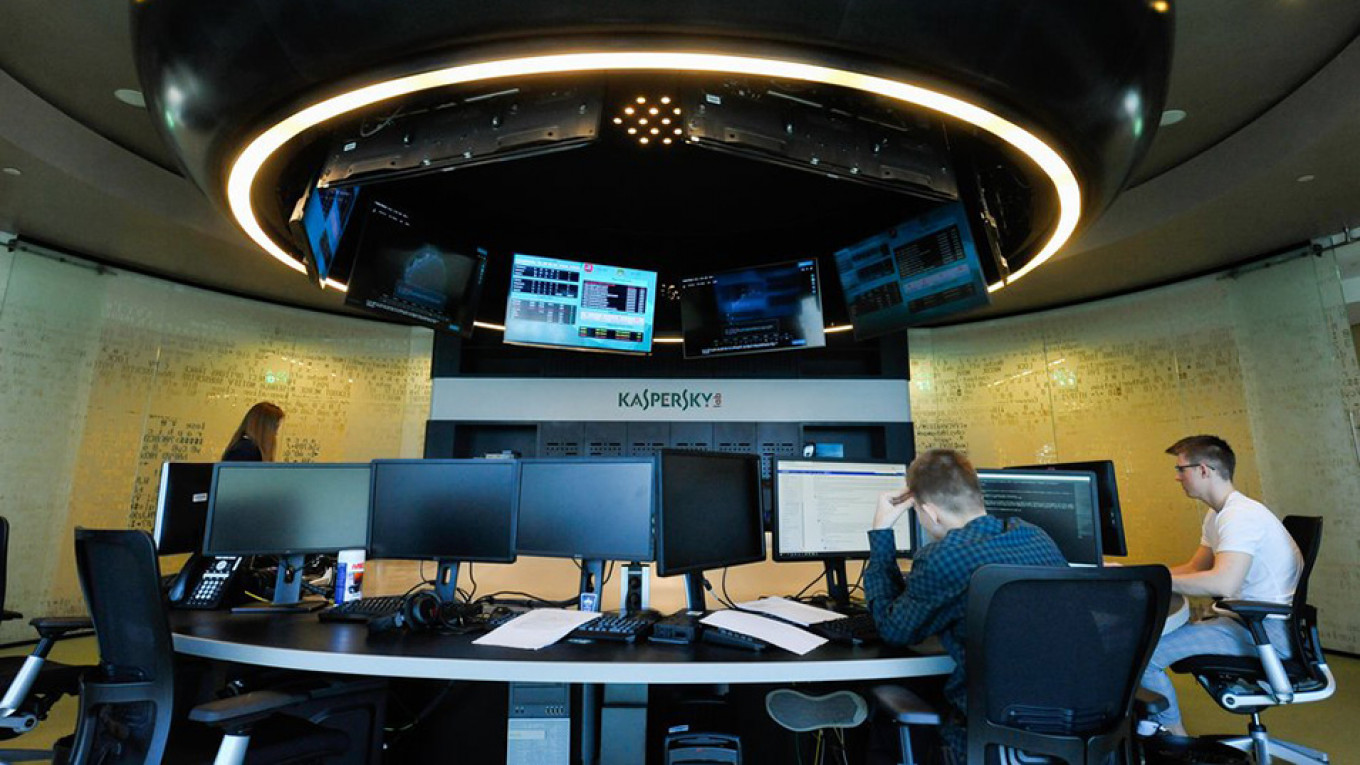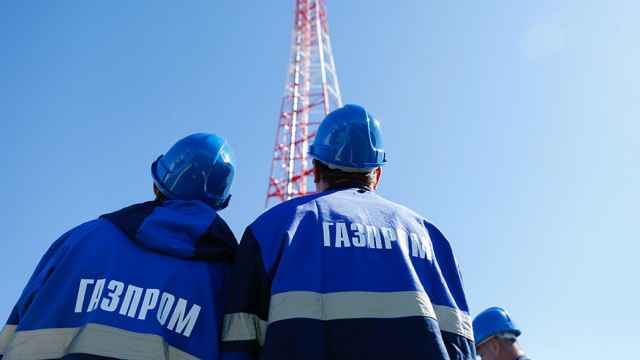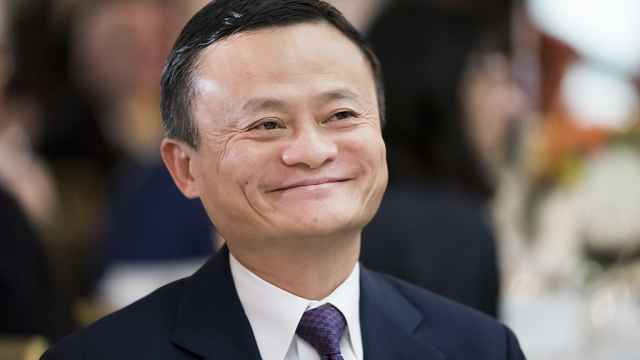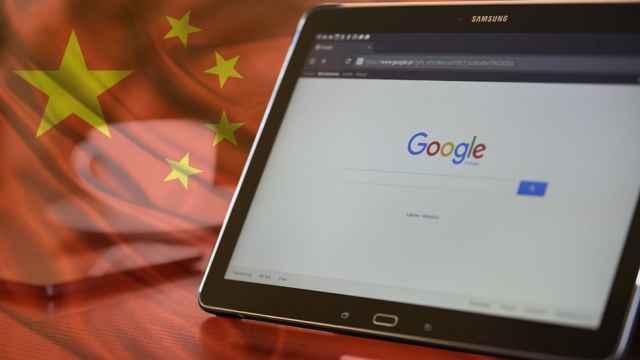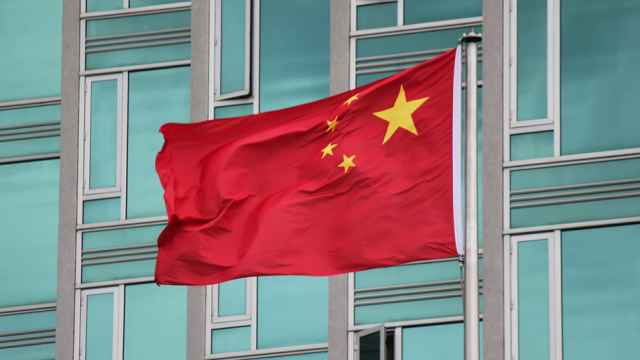A delegation from the Cyberspace Administration of China (CAC), which oversees national cyber policy, met officials at Russia's state communications watchdog in Moscow on Wednesday, the Russian regulator said.
Critics have accused Russia's authorities of trying to implement creeping China-style Internet curbs. Cooperation in this area between the two regulators could alarm Russian proponents of Internet freedom.
The presence of the Chinese delegation in Moscow has not previously been reported.
Officials from China's CAC were also expected on Wednesday to visit the offices of Russian Internet giant Yandex, often referred to as Russia's Google, and Internet security firm Kaspersky Labs, two sources familiar with the situation told Reuters.
Russian state telecoms watchdog Roskomnadzor said in a statement that it had discussed cooperation with the Chinese and had agreed on further meetings in the future.
Yandex and Kaspersky Labs declined to comment when asked about the Chinese delegation. The CAC did not immediately reply to a faxed request for comment.
Internet controls have tightened in Russia under President Vladimir Putin and in China under President Xi Jinping.
In China, that effort has accelerated since 2016, as the ruling Communist Party seeks to crack down on dissent in the booming social media landscape.
Russia has introduced tougher Internet laws in the last five years, requiring search engines to delete some search results, messaging services to share encryption keys with security services and social networks to store user data on servers in the country.
Roskomnadzor, which is responsible for enforcing the Internet laws, moved to block the Telegram messaging service in April 2018 after it declined to hand over its encryption keys to Russia's security service.
A Message from The Moscow Times:
Dear readers,
We are facing unprecedented challenges. Russia's Prosecutor General's Office has designated The Moscow Times as an "undesirable" organization, criminalizing our work and putting our staff at risk of prosecution. This follows our earlier unjust labeling as a "foreign agent."
These actions are direct attempts to silence independent journalism in Russia. The authorities claim our work "discredits the decisions of the Russian leadership." We see things differently: we strive to provide accurate, unbiased reporting on Russia.
We, the journalists of The Moscow Times, refuse to be silenced. But to continue our work, we need your help.
Your support, no matter how small, makes a world of difference. If you can, please support us monthly starting from just $2. It's quick to set up, and every contribution makes a significant impact.
By supporting The Moscow Times, you're defending open, independent journalism in the face of repression. Thank you for standing with us.
Remind me later.


